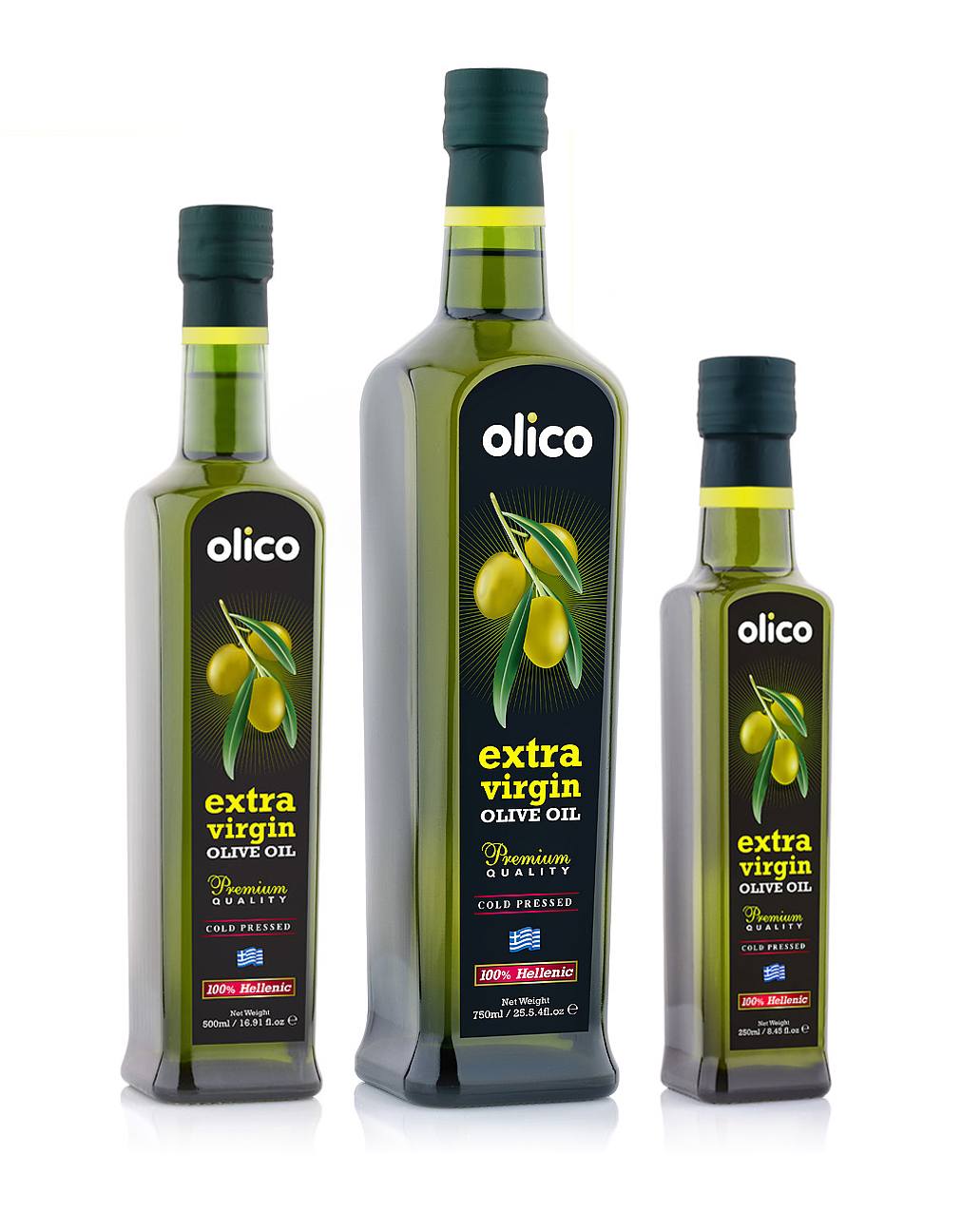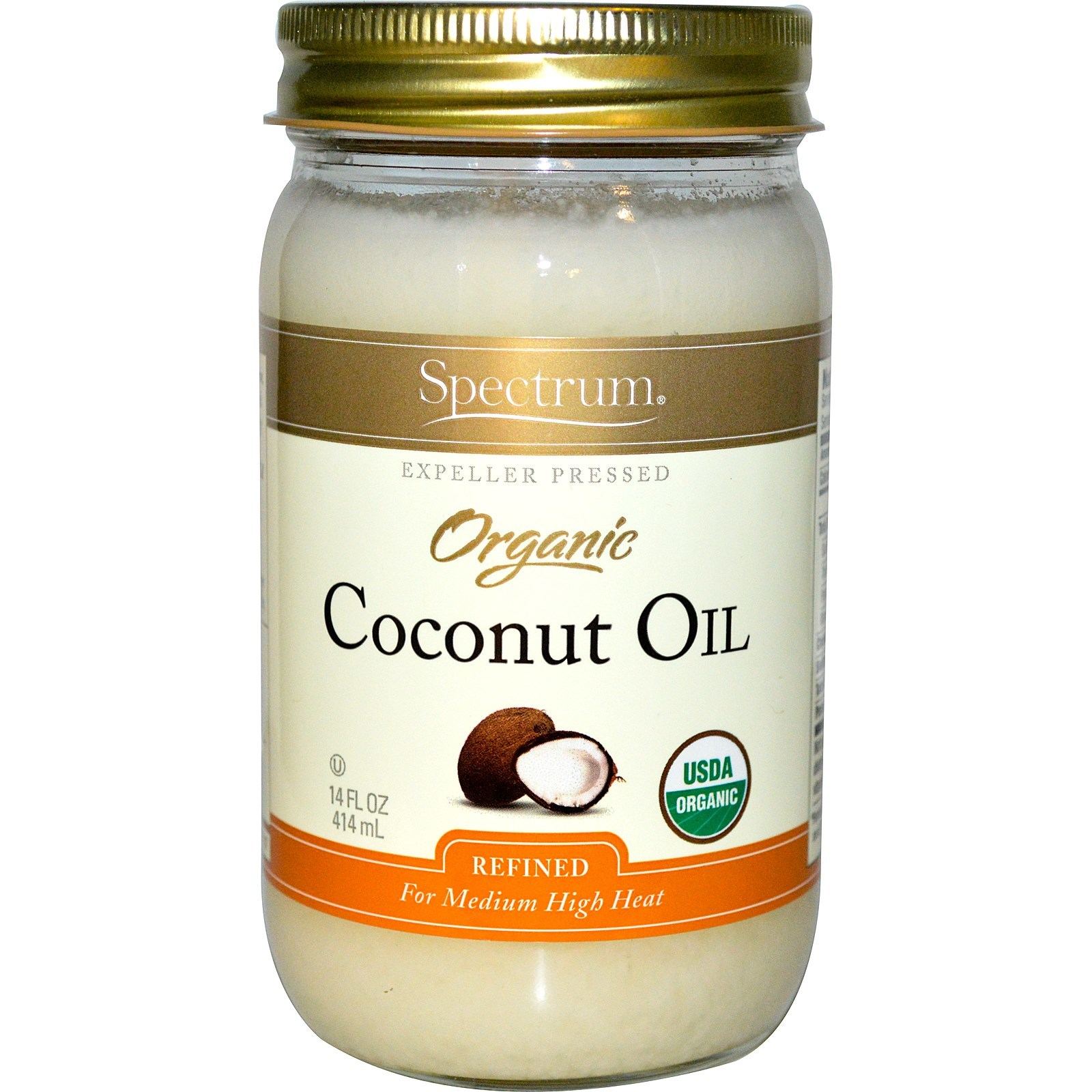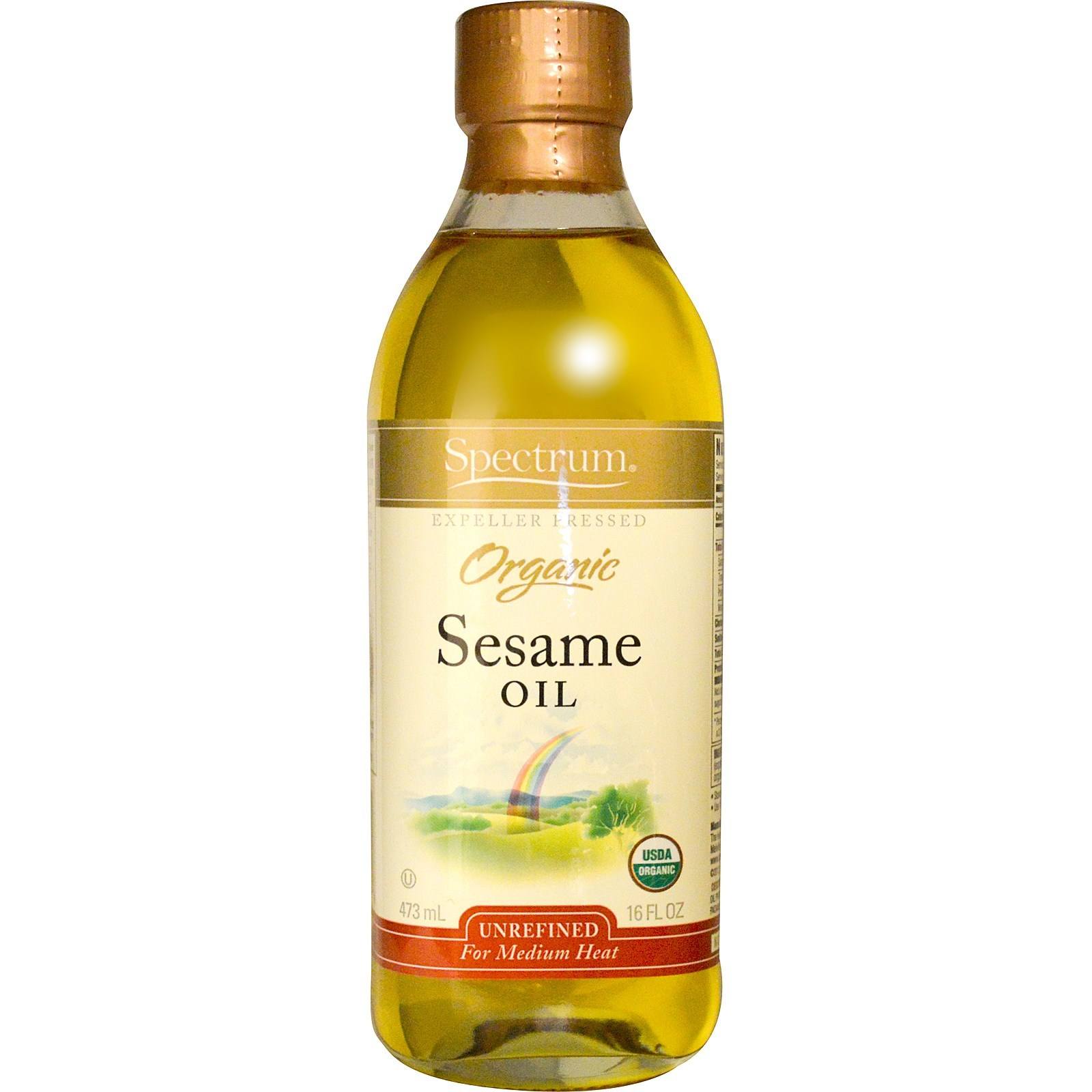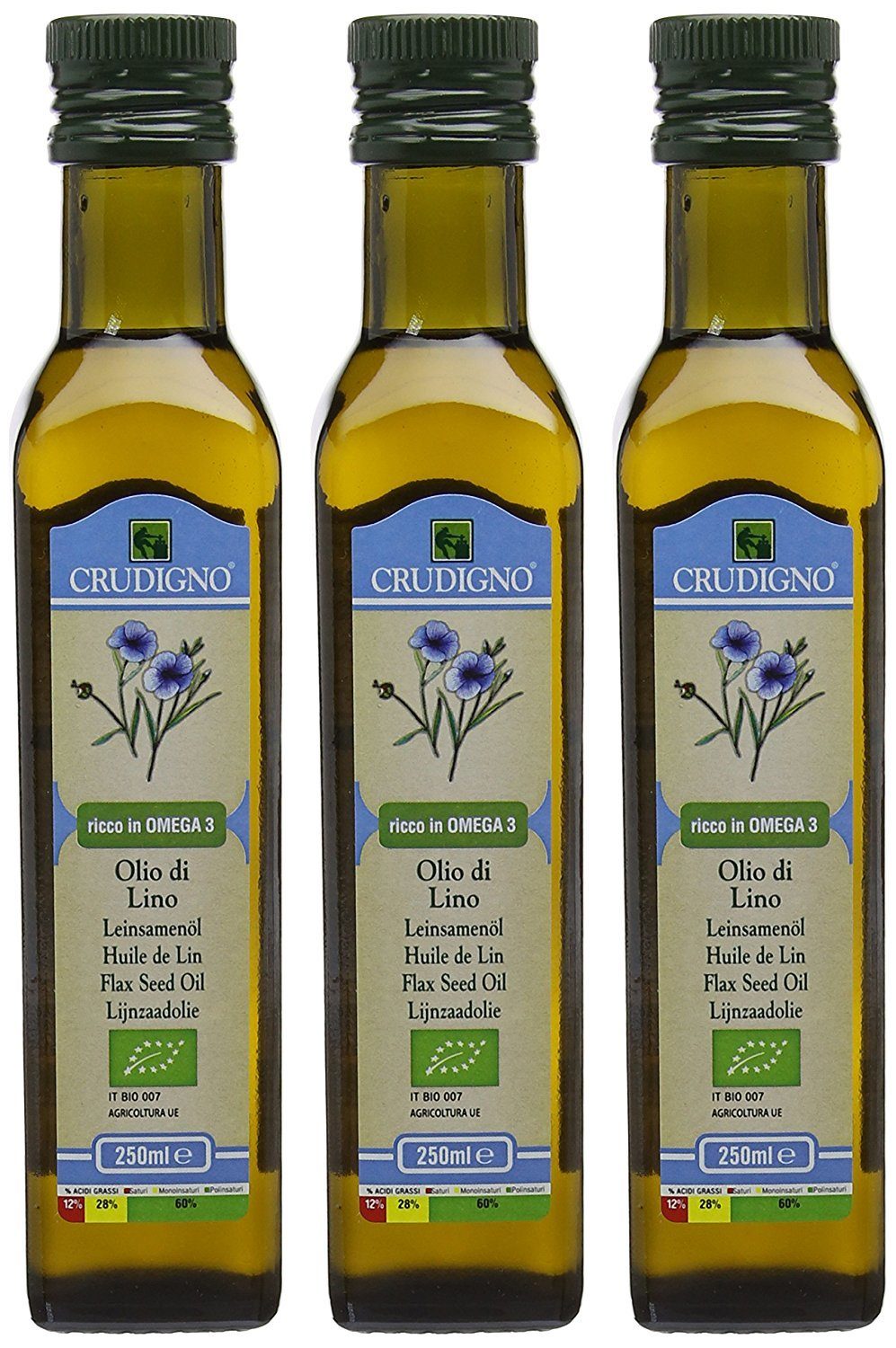Is oil healthy or unhealthy?
If you’re like most people, your answer will be unhealthy.
We associate oil with fat, and worry that it will make us gain weight. We think that too much oil can cause all sorts of harmful diseases.
That’s somewhat true, but it doesn’t give us the full story.
Most of the negative views we have around oil are based on highly-processed vegetable oils, which are often used in fast food, restaurants, and convenience foods.
While these vegetable oils can be bad for you, they’re not the only options.
Read on to find out exactly what’s wrong with vegetable oil, and what you should use instead.
Wait…what’s wrong with vegetable oil?
There are various different types of vegetable oil, which include:
- Corn
- Sunflower
- Canola
- Soybean
Unlike more natural oils, which can be obtained by pressing, vegetable oils are obtained through a complex chemical process.
This process involves heating seeds to high temperatures, processing with a petroleum solvent, adding acid, and using deodorising chemicals. [1]
Doesn’t sound that appealing, does it?
It’s been shown that cooking with vegetable oils can release toxic chemicals which have been linked to cancer, heart disease and dementia. [2]
Many vegetable oils contain large amounts of trans fats, which are linked to obesity and various diseases, including cardiovascular disease. They can also increase your risk of conditions like asthma and eczema. [3]
Is this putting you off oil altogether?
Don’t despair.
We’ve listed plenty of healthy, delicious alternatives to vegetable oil below.
How do I know which healthy oil I should use?
If you’re looking for a healthy fat to replace vegetable oil, you’re in the right place.
The oils below each have different benefits, and can be used in cooking, frying, baking, salad dressings, and more.
Read on for full details on each healthy fat.
1. Olive oil
Olive oil is pressed from whole olives, and is available in a few different varieties.
Extra virgin olive oil: Has a fruity taste, is low in acid, and is ideal for drizzling onto salads.
Virgin olive oil: Has a pleasant taste and is fairly low in acid. Can be used for cooking or in salads.
Olive oil: A blend of refined and virgin olive oil. Less flavourful than the other options, suitable for all purposes.
Olive oil has many health benefits, including:
- Helping protect against heart disease
- Helping prevent strokes
- Anti-inflammatory properties
- Anti-bacterial properties
For the greatest health benefits, choose extra virgin olive oil.
2. Coconut oil
Coconut oil is becoming really popular, and it’s easy to see why. It contains healthy fats called medium-chain fatty acids, which are:
- Easy to digest
- Converted to energy, rather than stored as fat
- Anti-fungal and anti-microbial
There’s evidence to suggest that coconut oil can help keep the liver healthy, reduce the risk of heart disease, and boost the immune system. [4]
3. Avocado oil
Avocado oil isn’t just trendy – it also has some really unique health benefits. [5]
These include:
- Being high in vitamin E
- Helping your body to absorb nutrients
- Reducing inflammation
- Lowering blood pressure
Avocado oil has a unique flavour and is ideal for creating tasty salad dressings.
4. Sesame oil
Sesame oil is a healthy alternative to regular vegetable oils, and it’s commonly used in Chinese and Japanese cuisine.
The benefits of sesame oil include: [6]
- Promoting healthy skin and hair
- Keeping the heart healthy
- Improving circulation and metabolism
- Helping bone growth
5. Flaxseed oil
Flaxseed oil is pretty special, as it’s loaded with omega-3 fatty acids. Since these acids are usually found in fish, it’s a great option if you’re vegetarian or vegan. [7]
Flaxseed oil can also:
- Help weight loss
- Reduce digestive problems
- Increase collagen production
- Reduce eczema
Although healthy oils can be good for you in small amounts, it’s still important to watch your intake. Too much of any type of oil can be bad for the body, so be sure to stick to recommended daily amounts.
You don’t need to give up oil to be healthy – just choose wisely.
Featured photo credit: Huffpost via huffingtonpost.com
Reference
| [1] | ^ | Thank Your Body: The ugly truth about vegetable oils |
| [2] | ^ | The Telegraph: Cooking with vegetable oils releases toxic cancer-causing chemicals, say experts |
| [3] | ^ | Authority Nutrition: 6 Reasons Why Vegetable Oils Can be Harmful |
| [4] | ^ | Dr. Axe: 20 Coconut Oil Benefits & Side Effects |
| [5] | ^ | Livestrong: What Are the Benefits of Avocado Oil? |
| [6] | ^ | Organic Facts: 9 Incredible Benefits Of Sesame Oil |
| [7] | ^ | Dr. Axe: Flaxseed Oil Benefits Digestion, Skin & Heart Health |

















































